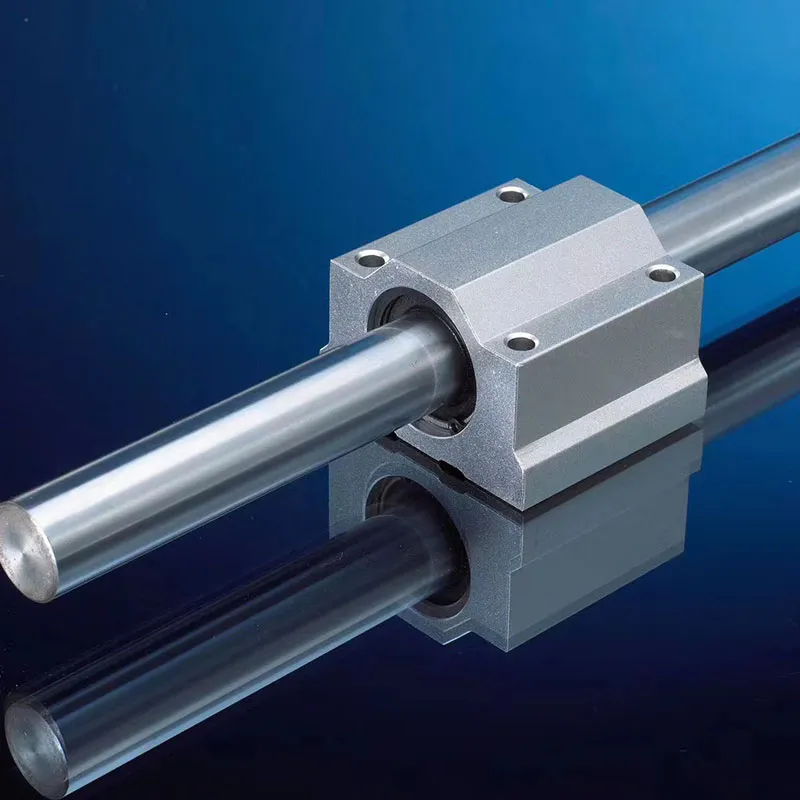Jan . 15, 2025 04:28 Back to list
Lidar Scanning


Moreover, the incorporation of laser CNC technology in medical applications exemplifies expertise and trustworthiness. Orthopedic device manufacturers, for instance, leverage this technology to create custom implants with exceptional accuracy, tailored specifically to a patient's unique anatomy. This personalization not only enhances the efficacy of medical treatments but also increases patient satisfaction and trust in the capabilities of modern medical interventions. The environmental implications of laser CNC scanners should not be overlooked. By optimizing material usage and reducing wastage, these scanners promote sustainable manufacturing practices that align with the growing demand for eco-friendly solutions. With this approach, companies can foster trust and build reputations as responsible, environmentally-conscious entities without sacrificing product quality or performance. While laser CNC scanners open up remarkable opportunities, their effective implementation requires a clear understanding of their functionality and limitations. Professionals operating these machines must possess detailed knowledge and training to maximize their potential and accuracy. The initial investment in both the technology and skilled manpower is substantial, but the long-term rewards in efficiency, accuracy, and reduced operational costs make it a worthwhile venture. Ultimately, laser CNC scanners represent the future of precision-driven industries. They embody the marriage of experience and expertise, offering a tool that is both authoritative and trustworthy. For businesses looking to gain a competitive advantage, integrating laser CNC scanners into their processes is a definitive step forward. By continuing to harness and evolve this technology, industries can achieve heights of innovation and quality previously considered unattainable, all while maintaining the highest standards of precision and reliability.
-
Why Steel Mills Rely on FODA’s High-Temperature Cylindrical Roller Bearings?
NewsApr.10,2025
-
What is a Plain Bearing? A Complete Guide to Design & Functionality
NewsApr.10,2025
-
Thrust Ball Bearings vs. Tapered Roller Bearings: FODA’s Performance Comparison
NewsApr.10,2025
-
The Engineering Behind FODA Thrust Ball Bearings: Precision for High-Speed Applications
NewsApr.10,2025
-
No More Compromises: Get Precision-Engineered Custom Bearings Tailored to Your Exact Specifications
NewsApr.10,2025
-
In-Depth Analysis: Application Differences of Different Types of Angular Contact Ball Bearings
NewsApr.10,2025
Products categories
















